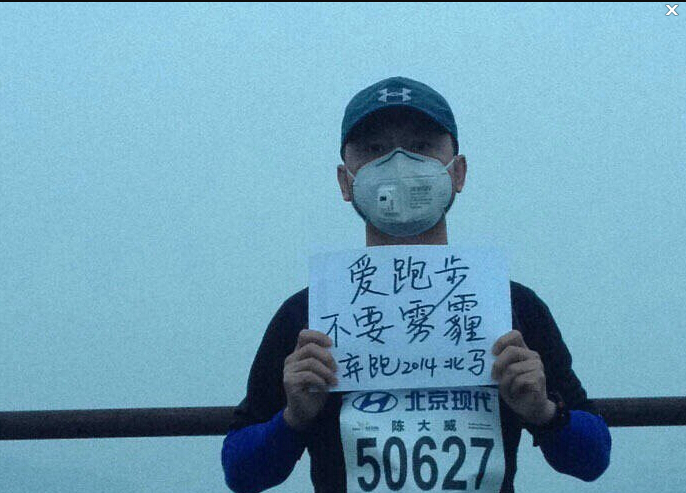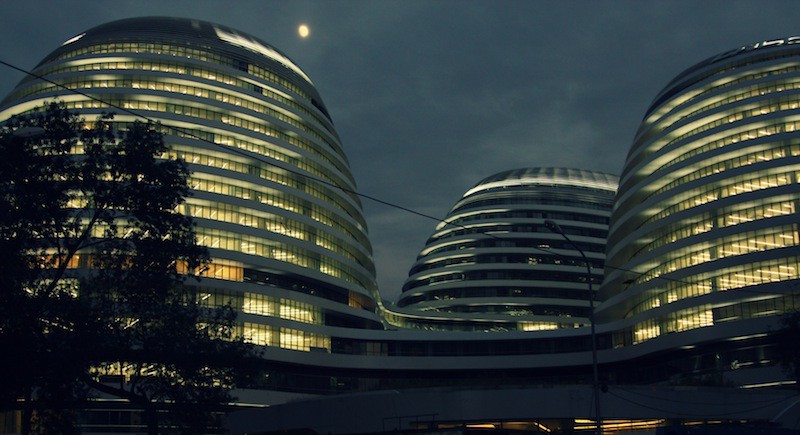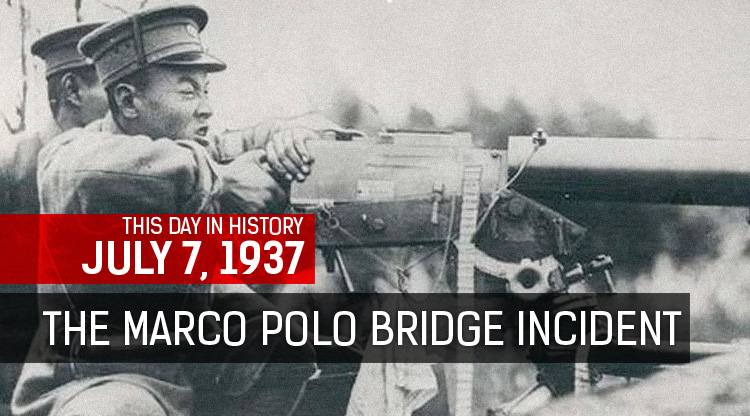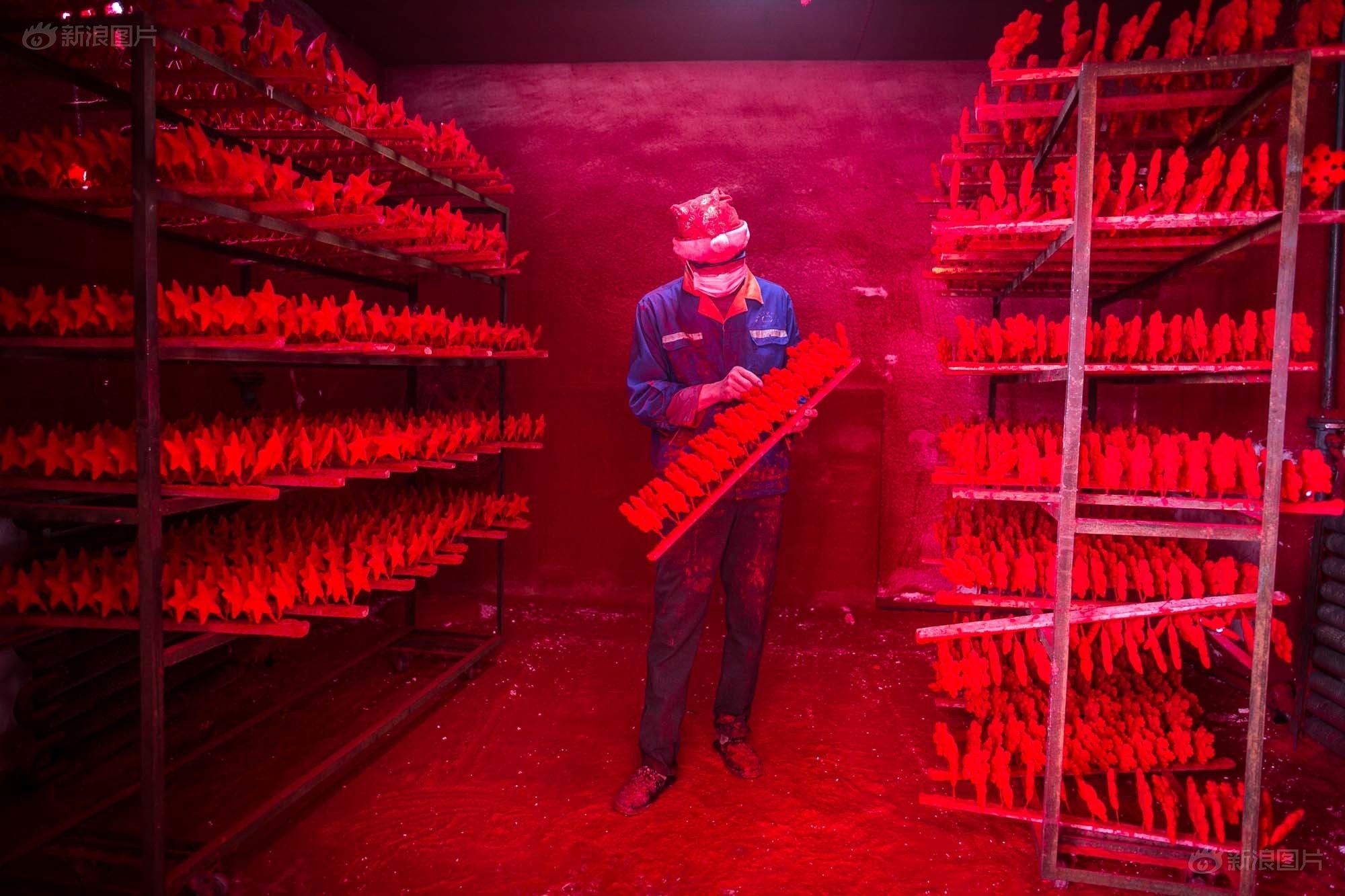To run or not to run? That was the question faced by entrants in Sunday’s Beijing marathon, as they awoke to find hazardous levels of pollution engulfing the city. The annual race, which has been dogged in recent years by difficulties – with the event twice postponed in 2012 due to scheduling clashes with the 18th Communist Party Congress, saw as many as 30,000 runners compete.
The high turnout came despite a last minute warning – via SMS message – from race organizers, advising runners of “slight to moderate smog”. Independent pollution readings put the levels as much higher, however. The US Embassy, which tracks the Beijing air from a monitoring station, gave a reading of above 400 micrograms per cubic meter of PM2.5 particulate matter. The World Health Organization considers anything above 25 micrograms within a 24-hour period as unsafe.
That’s Beijing senior editor, Will Philipps, who completed the half marathon in just over two hours, described the dilemma facing runners. “It was a really tough decision. I was extremely reluctant to throw away months of hard training, but at the same time, no other race in the world has the potential to be so damaging to your health – the air outside looked and felt post-apocalyptic, it was really dense, almost surreal.”
Philipps, who earlier this year completed the Pyongyang marathon in North Korea, eventually decided to run the race while wearing a specially adapted pollution mask. “Any time I tried to run a little faster my breathing became much more difficult, so I slowed right down to where it was comfortable – I didn't want to take any risks.”

According to Philipps, less than one percent of runners wore safety masks, and many appeared oblivious to the dangers involved. “The organizers didn’t offer any advice about pollution – I’ve been told that some people received a message this morning [from the organizers], advising runners with respiratory diseases not to run. But I didn’t receive anything. I think the organizers should have postponed the race – there’s no way anyone should have attempted running without a mask.”
Other runners took a less hardheaded approach, with many deciding to drop out altogether. Local running coach and three time Beijing marathon finisher Stephy Chung, took one look at the US Embassy Air Quality Index (AQI) and went straight back to bed. “It was a depressing decision to make – but I know from experience how harmful running in the Beijing pollution can be," said Chung.
"The effects to your lungs can be really damaging and take weeks to shake off. I made a decision in advance that I wouldn't run in anything above 250 AQI.”

British engineer Chas Pope dropped out after 10k, sighting frustrations with the conditions: “I abandoned the race because I wasn't enjoying it,” said Pope, who later posted images of his blackened pollution mask on social media, with the caption, “Mask before and after running 10K of Beijing Marathon in hazardous air - glad not in lungs.”
It was a sentiment shared by many, with several others runners we spoke to describing the race variously as “like running on mars” and “total lunacy”. The race, which begins in Tiananmen Square and wraps up near the Olympic Stadium, had been intended to showcase some of the city’s more scenic attractions.
The marathon's organizing committee moved to defend their decision not to postpone the race, explaining that 46 percent of competitors had traveled from abroad and other parts of China to take part. But as Philipps explained, it wasn't just the runners that suffered. "I felt most sorry for the marathon staff, their were hundreds of workers many of them elderly, whose job it was to man the stations and line the route, none of whom had masks. They would have been exposed to the air for up to six hours."
Philipps noted how many of the volunteers were handing out sponges, to wipe the effects of pollution from the skin. "I don't think it was the most practical of solutions, but everyone was grateful for their effort, and the atmosphere was in actual fact pretty great. I guess there is a solidarity that comes from running in such crazy conditions."
Follow Steve George and That's Beijing on Twitter; scroll down for more pics






































0 User Comments